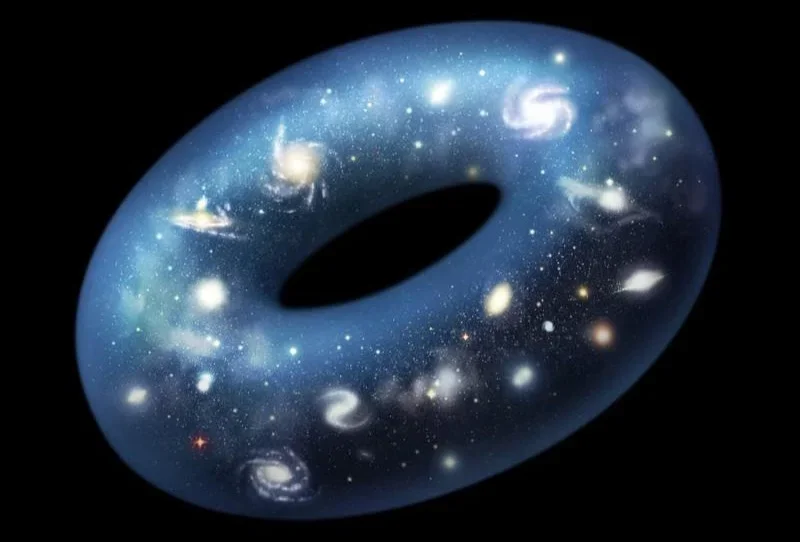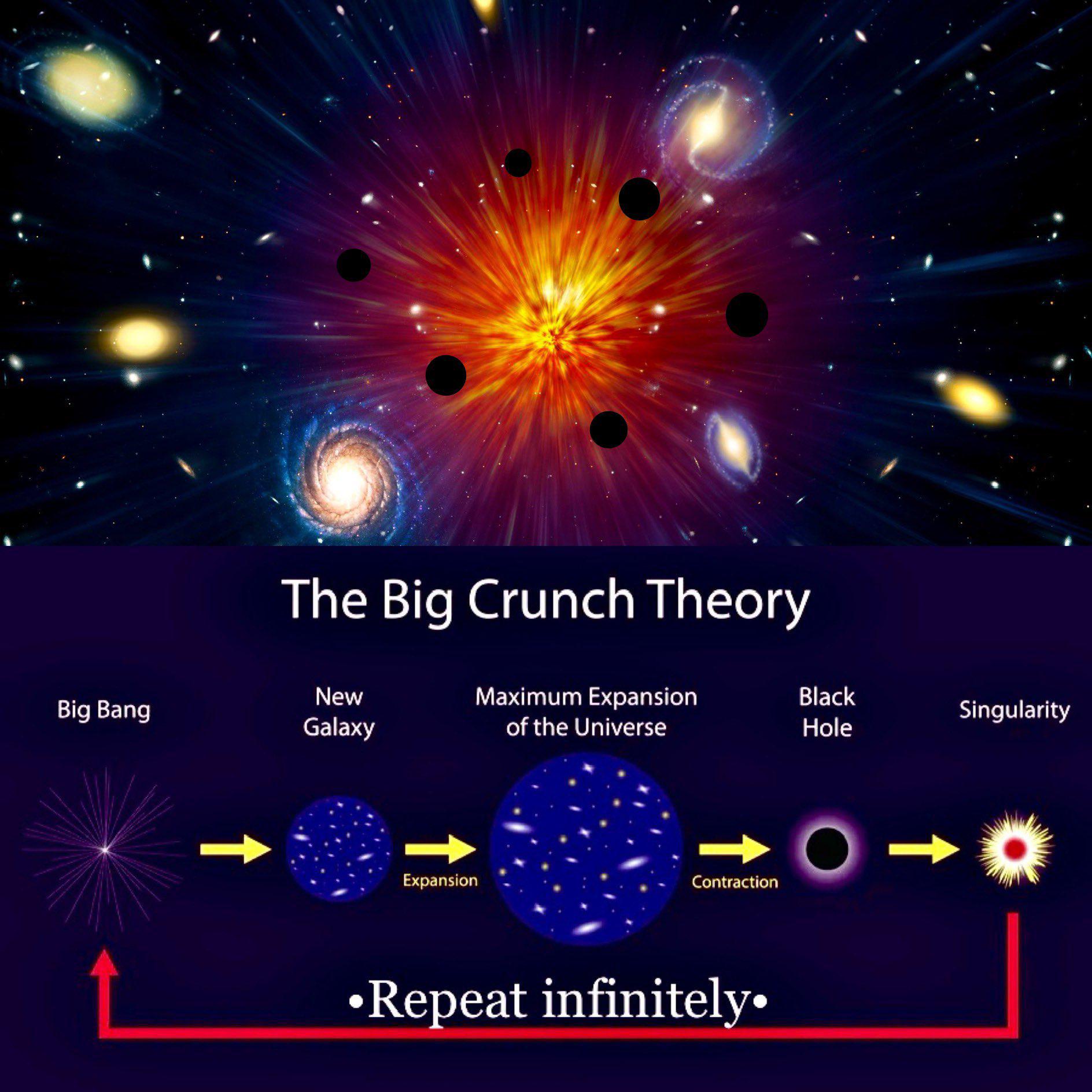The atmosphere, a thin veil of molecules enveloping Earth, reaches about 20 miles (32 kilometers) above the planet’s surface. It contains countless air particles, invisible to the naked eye, yet essential for life. Beyond this protective layer lies space, an expanse so vast it defies imagination, where molecules are sparse and emptiness reigns.
If you ventured beyond Earth and its atmosphere, you’d encounter a universe brimming with wonders—planets, stars, galaxies, and mysteries yet to be unraveled. While scientists have illuminated much of this cosmic landscape, fundamental questions remain, including whether the universe has an end or stretches on forever.
Earth belongs to a solar system, a family of planets orbiting the Sun. While the Sun appears dominant in our sky, it is merely an average star, its brilliance amplified by proximity. Beyond the solar system, trillions of miles of space separate us from the next nearest star. Even aboard the fastest spacecraft, reaching it would take thousands of years.

Stars, often likened to houses, cluster into galaxies, akin to cities. Our galaxy, the Milky Way, contains an estimated 100 billion stars. Zooming out further, the stars blend together, forming luminous streaks that mimic city lights viewed from an airplane. Observations reveal that most stars host planets, some potentially resembling Earth. These worlds could harbor life, pondering the cosmos much as we do.
To travel beyond the Milky Way, you’d traverse millions of trillions of miles. Between galaxies lies near-total emptiness, punctuated by occasional particles and enigmatic “dark matter,” an invisible substance shaping the universe’s structure. Telescopes reveal countless galaxies stretching endlessly in all directions, their light creating a cosmic tapestry.
The universe itself is dynamic, constantly expanding. Imagine placing dots on a deflated balloon and then inflating it. As the balloon grows, the dots drift apart, mirroring the movement of galaxies. Over millions of years, this expansion creates new space between celestial bodies.
Related Stories
This raises profound questions: Does this expansion go on forever? Are there infinite galaxies in all directions, or does the universe eventually stop? If it stops, what lies beyond?
Scientists remain uncertain. Many believe the universe could be infinite, containing boundless galaxies. Others theorize it may loop back on itself, like the surface of a globe. On a globe, traveling in one direction eventually returns you to your starting point, suggesting a finite yet unbounded structure.
The observable universe—the part of space we can study—is limited by the speed of light and the universe’s age, approximately 13.8 billion years. This means we can only see objects whose light has had enough time to reach us. Beyond this boundary, the universe likely continues, but its nature is veiled in mystery.

Cosmological theories propose several scenarios for the universe’s fate. Several theories address this:
Cosmic Rebirth: Some theories, like the cyclic universe model, propose that the universe undergoes endless cycles of expansion and contraction, meaning there is no ultimate end.
Heat Death: If the universe continues expanding forever, it could eventually reach a state where all energy is evenly distributed, and no processes that increase entropy can occur. This would mark the “end” of the universe in terms of meaningful activity.
Big Crunch: If the universe’s expansion eventually reverses due to gravitational forces, it could collapse back into a singularity, effectively ending space and time.
Big Rip: If dark energy continues accelerating the expansion of the universe, it could eventually tear apart galaxies, stars, planets, and even atomic structures, resulting in an “end” at the quantum level.
Some models suggest a cyclic universe, oscillating between expansion and contraction, with no definitive beginning or end. Each hypothesis underscores the complexity of understanding a cosmos that defies conventional boundaries.

Determining whether the universe has an end challenges both science and philosophy. If the universe loops back on itself, it might not be infinitely large, but its scale would surpass human comprehension. If it stretches endlessly, its infinity invites questions about its origins, structure, and the nature of space-time.
Astronomers continue to explore these questions, using advanced telescopes to peer deeper into space and time. While definitive answers may elude us, each discovery illuminates the universe’s grandeur. As scientists unravel its secrets, they inspire awe and a sense of connection to a cosmos both vast and intimate.
The universe, whether infinite or finite, remains an arena of boundless curiosity. As you gaze into the night sky, consider that each star, galaxy, and empty stretch of space is a reminder of our shared journey to understand the cosmos. The answers may lie with future generations, driven by the same wonder that fuels exploration today.
Note: Materials provided above by The Brighter Side of News. Content may be edited for style and length.
Like these kind of feel good stories? Get The Brighter Side of News’ newsletter.
The post Does the universe have an end? appeared first on The Brighter Side of News.